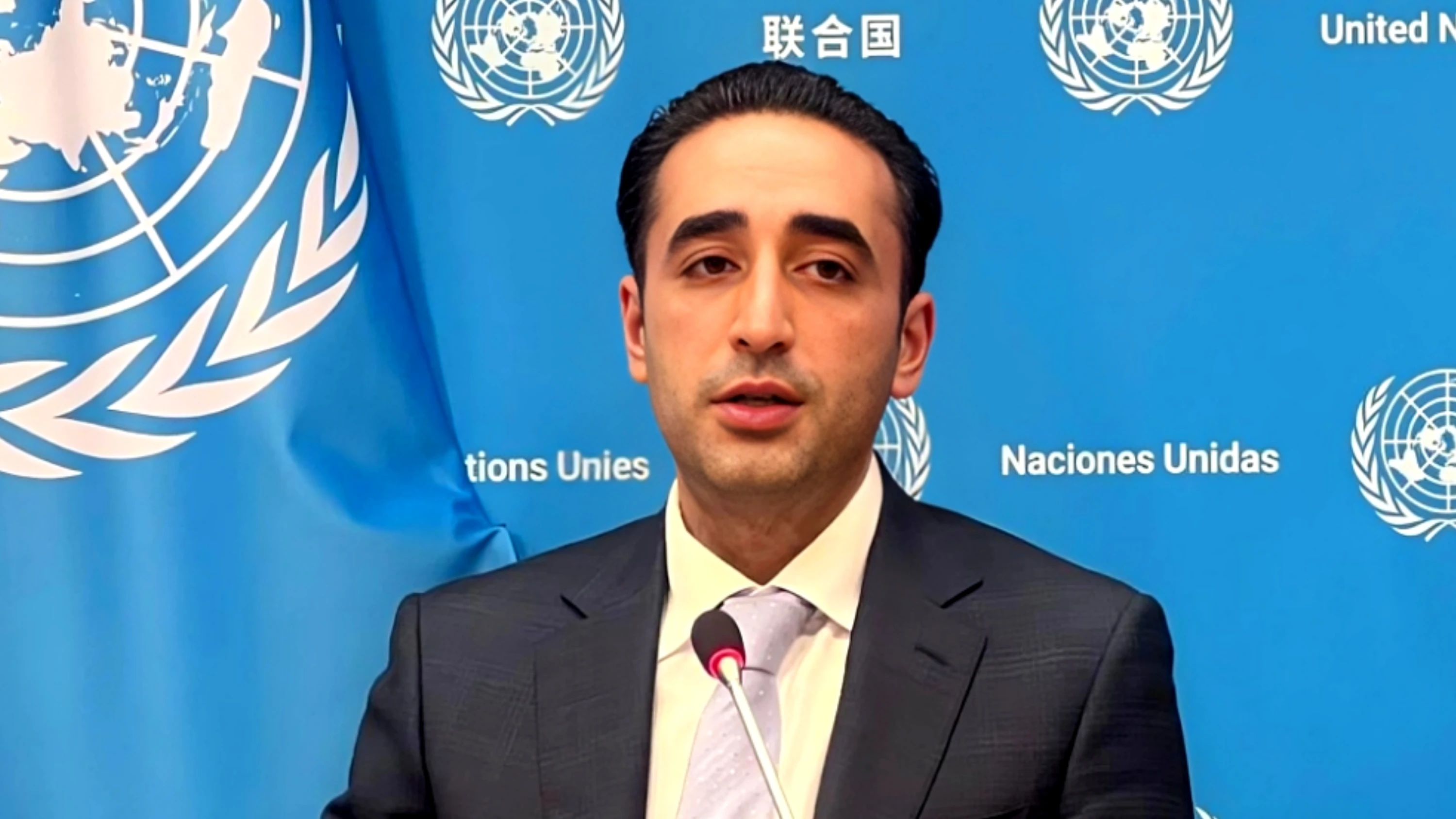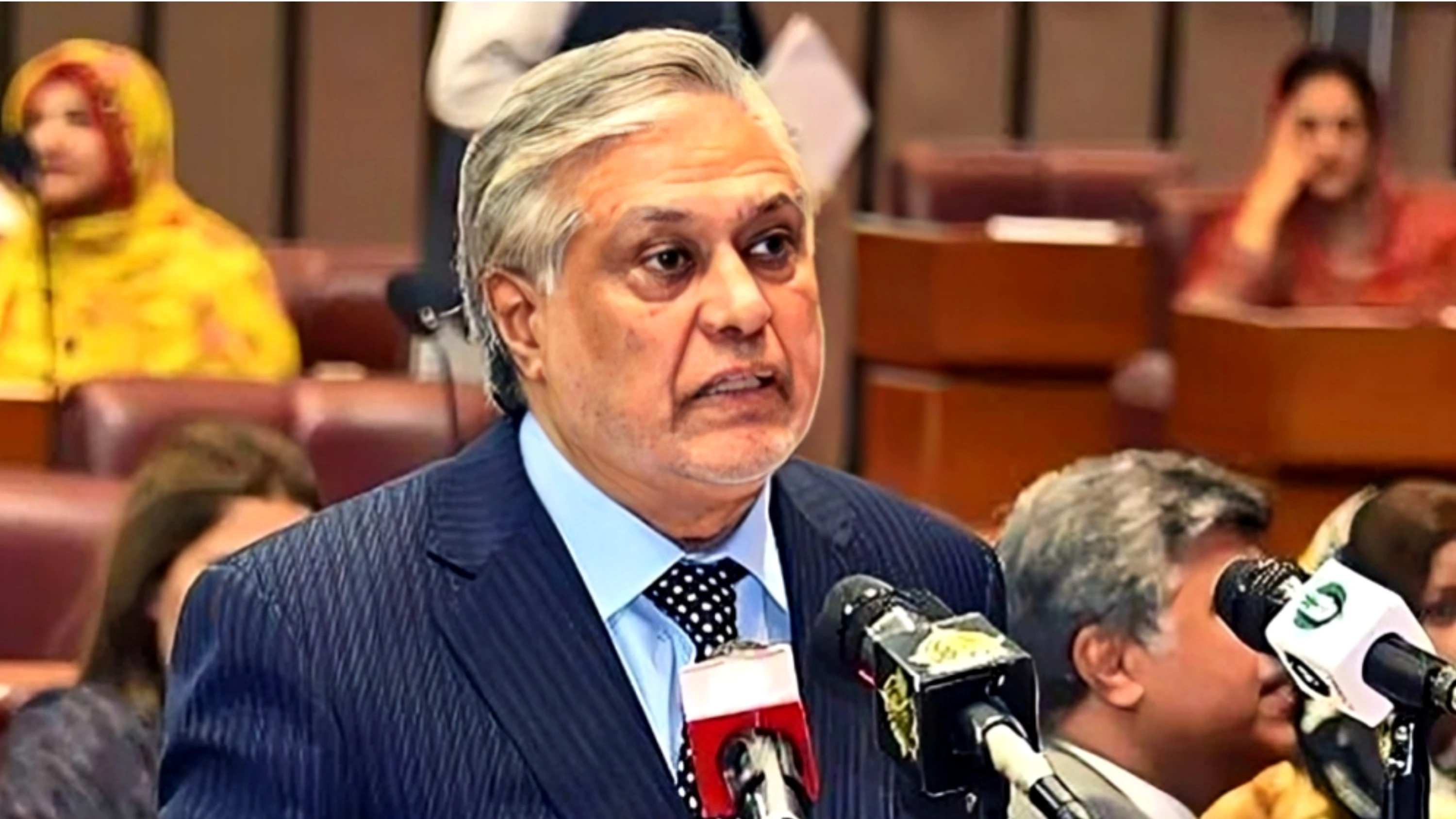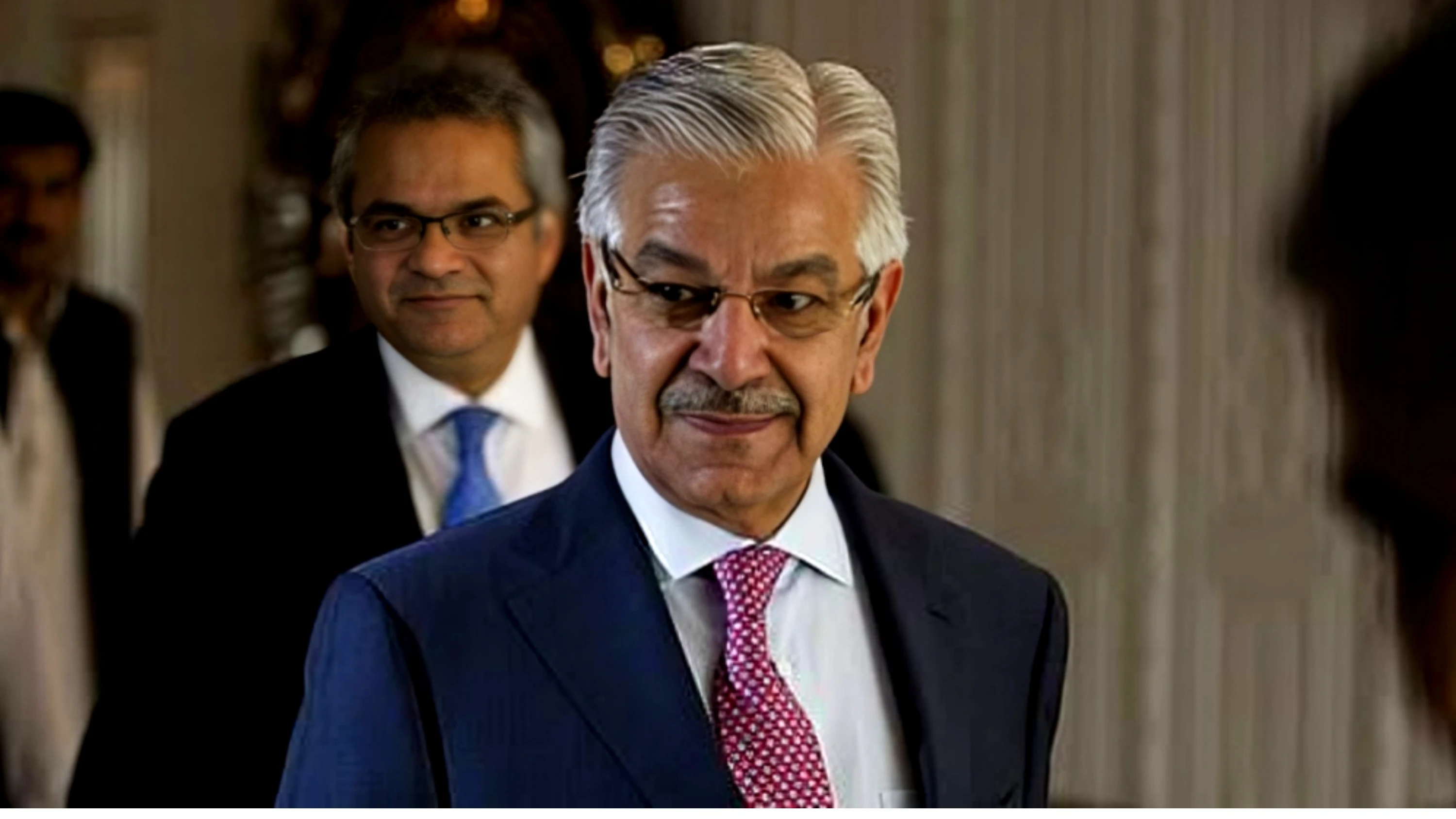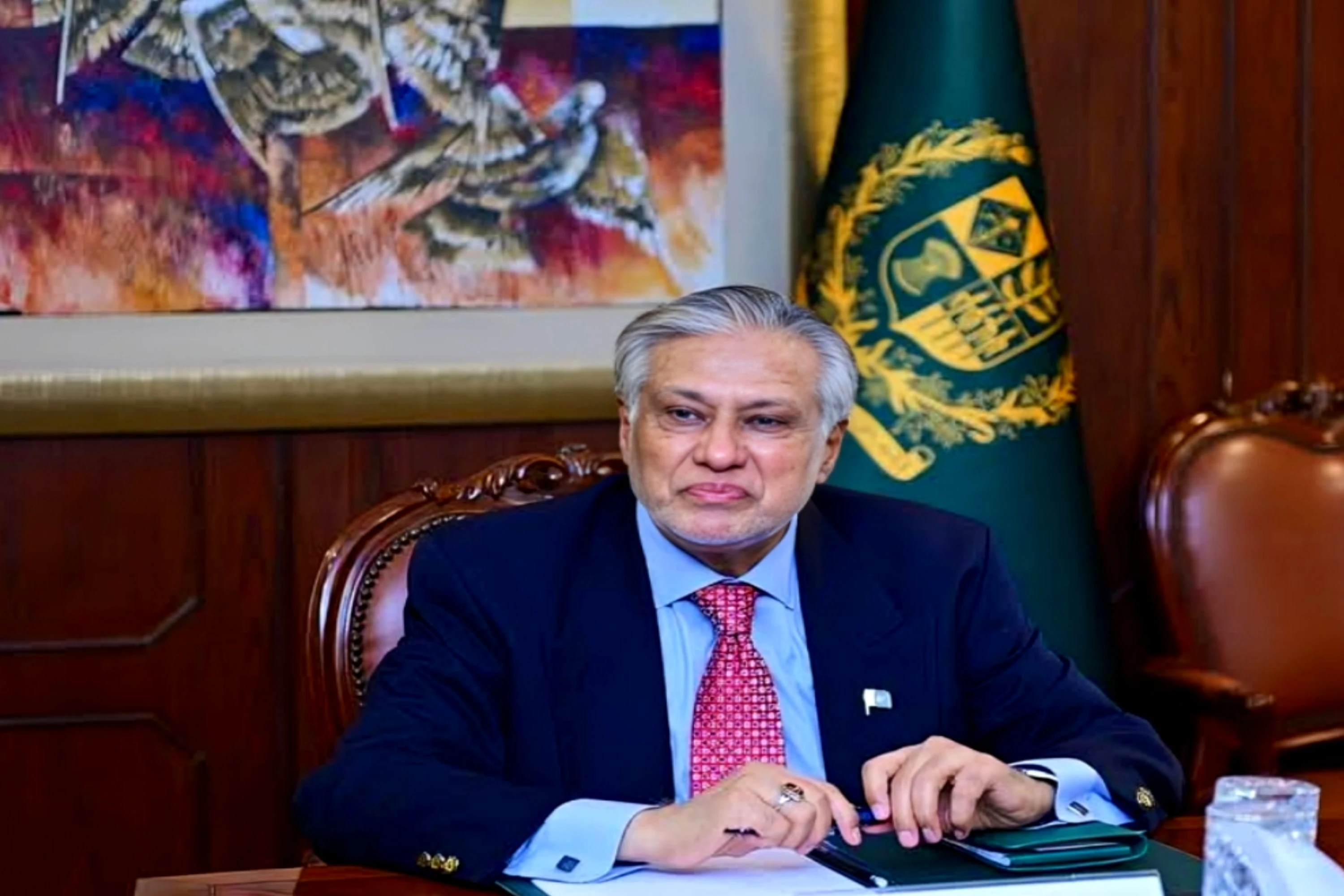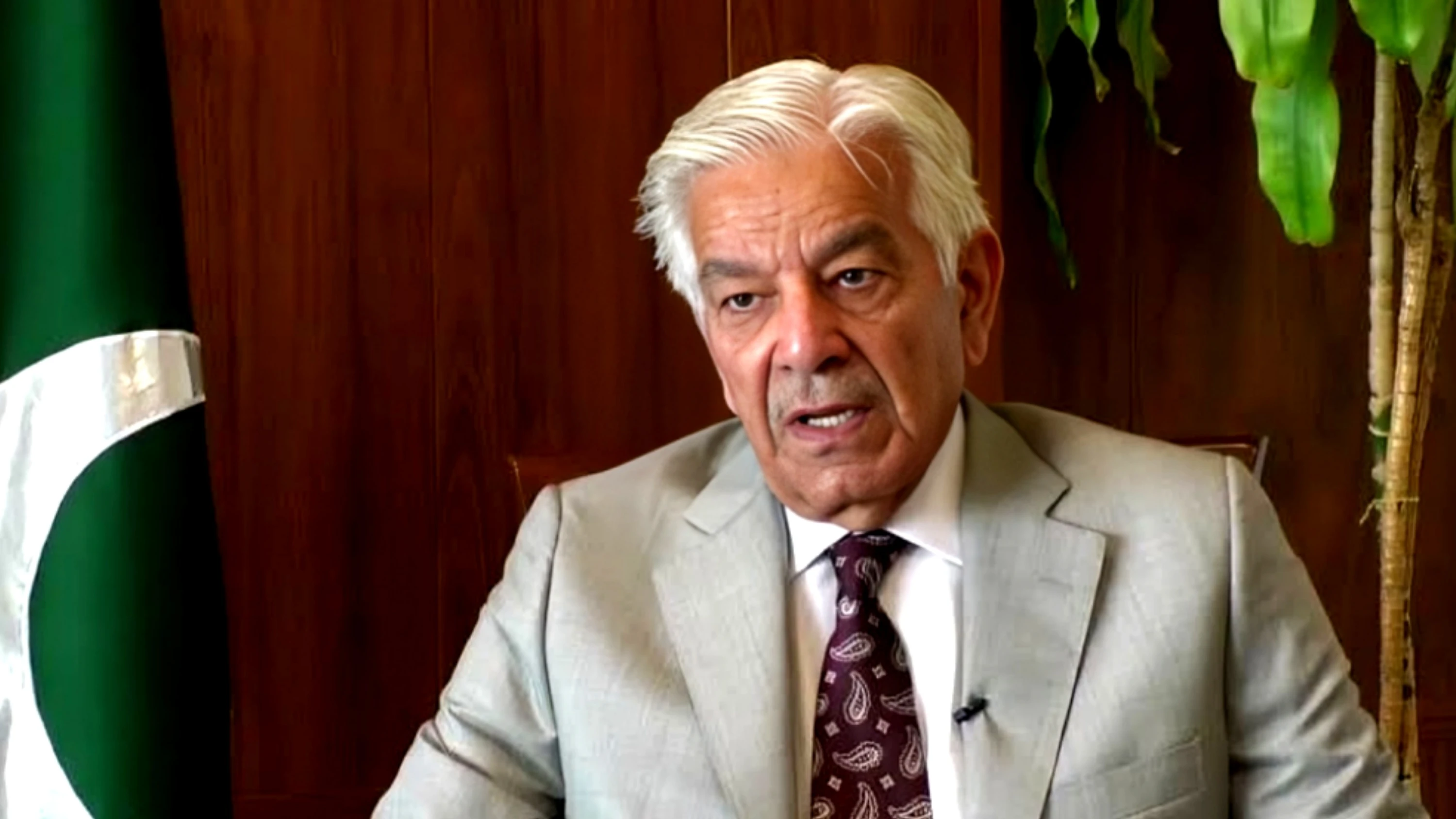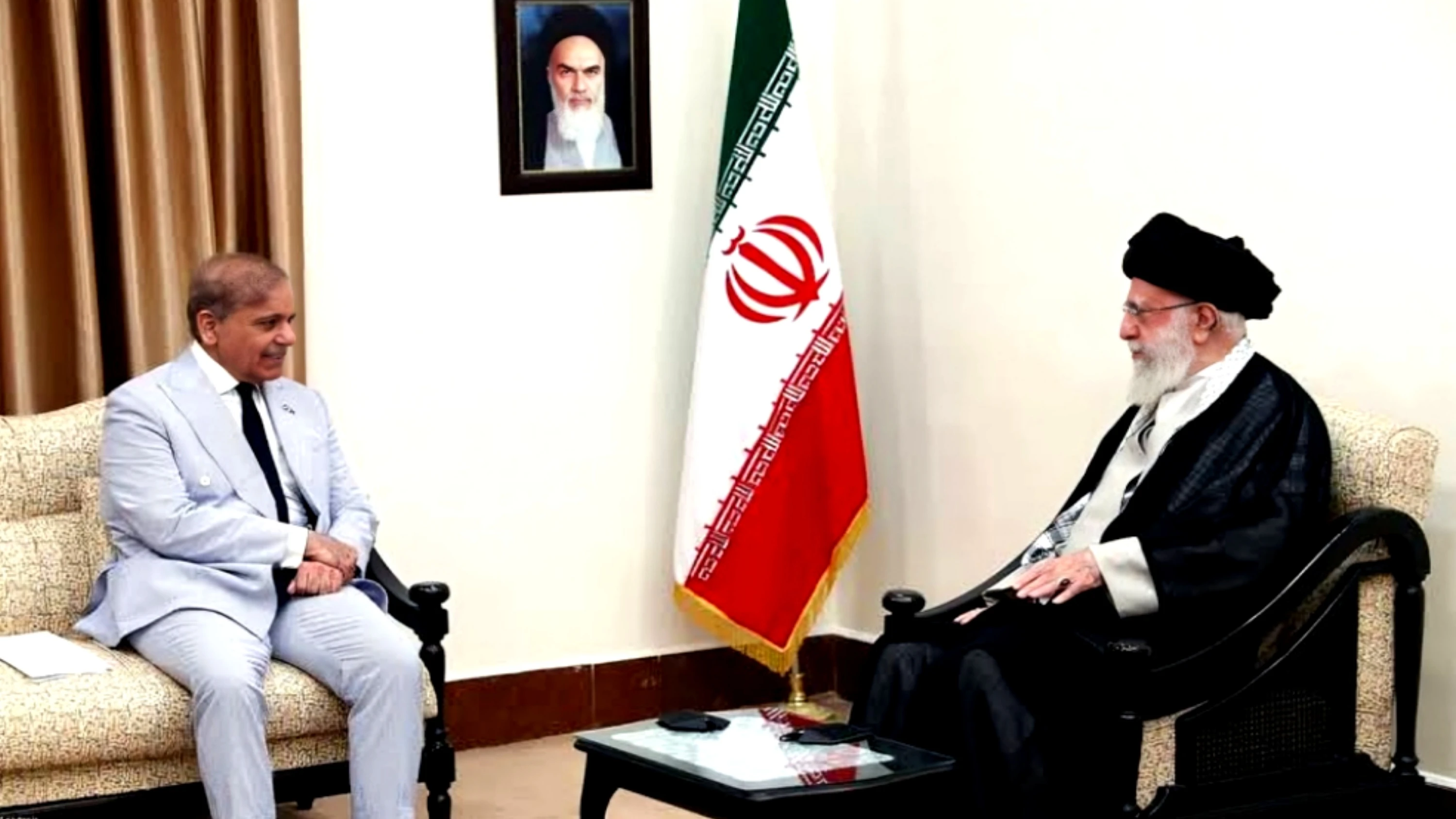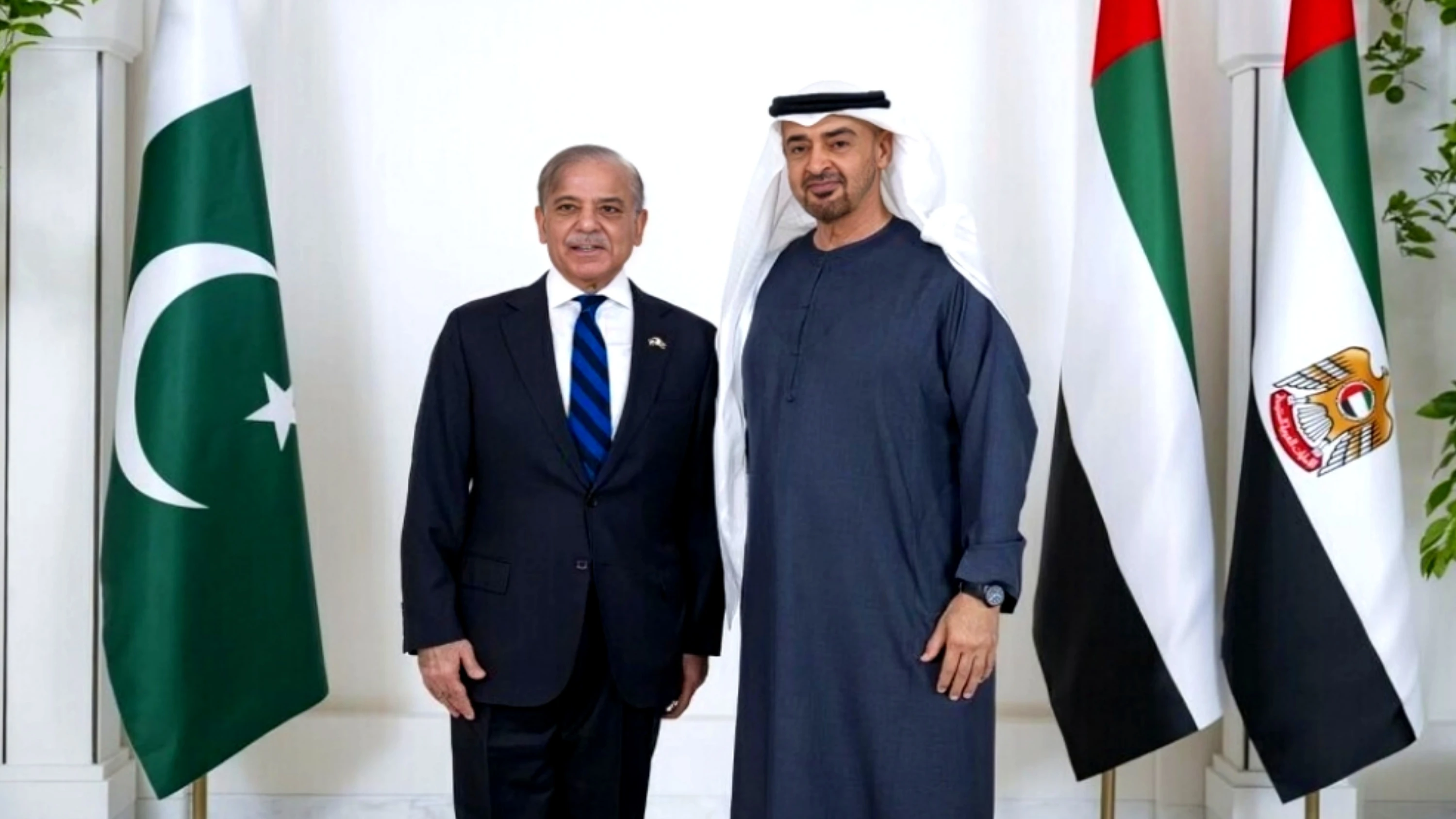New York: Chairman of the Pakistan People’s Party and head of Pakistan’s parliamentary delegation to the United Nations, Bilawal Bhutto Zardari, has called for cooperation between the intelligence agencies of Pakistan and India—ISI and RAW—to combat terrorism in the region, emphasizing that such collaboration could lead to a significant reduction in terrorist incidents in both countries.
Speaking at a press conference at the United Nations Headquarters in New York, Bilawal Zardari highlighted the persistent challenges Pakistan faces but stressed that the country continues to fight terrorism on all fronts.
He expressed disappointment at India's reluctance to engage meaningfully on Pakistan's concerns about terrorism. "If you compare the number of terrorist attacks in India and Pakistan, unfortunately, Pakistan suffers from a higher frequency of such attacks," he said. "Likewise, when you compare the number of victims, more Pakistanis have been killed at the hands of terrorists than Indians."
He argued that mutual blame and finger-pointing would never be as effective as joint action. “Rather than indulging in accusations and counter-accusations, the more productive path forward is for India and Pakistan to work together against terrorism.”
Reiterating Pakistan’s willingness to cooperate, he proposed, “I firmly believe that if ISI and RAW sit together and work jointly against these extremist elements, we will witness a significant decline in terrorism in both countries. Pakistan is ready to put all its cards on the table.”
Bilawal Bhutto Zardari further stated that Pakistan is open to dialogue on all major issues including terrorism, Kashmir, and water disputes. “Let us talk, let us build peace. We have nothing to hide and we are not afraid of any investigation,” he said.
He also pointed out that despite not being legally obligated under international law, Pakistan had voluntarily submitted itself for international accountability, confident in the integrity of its actions.
Without naming India directly, Bilawal Zardari criticized one country for avoiding dialogue, fleeing from investigations, rejecting international law, and refusing to uphold the principles of the UN Charter.


